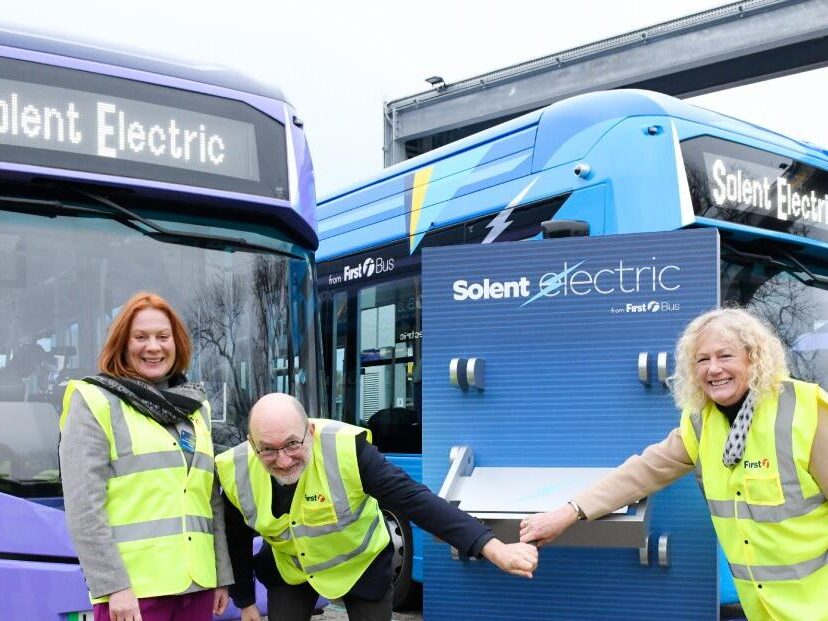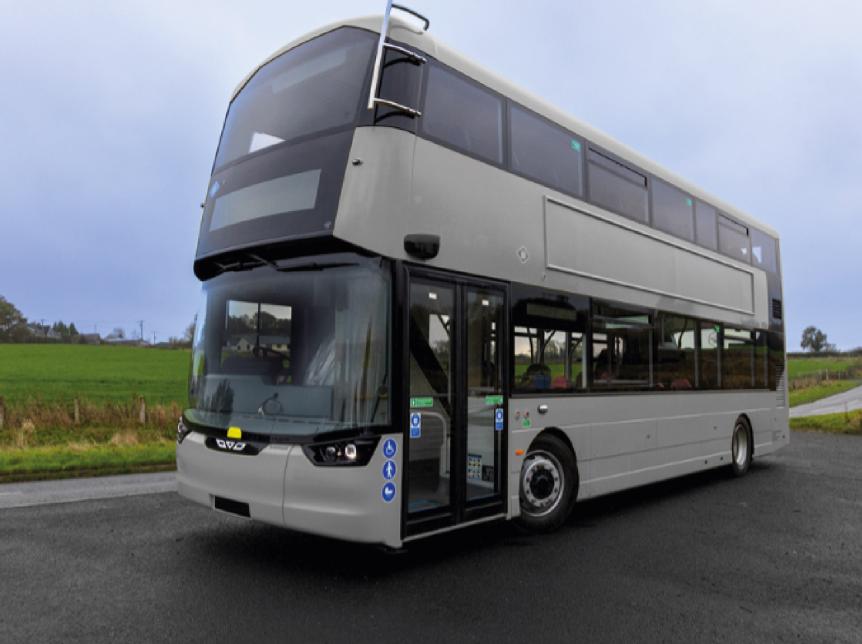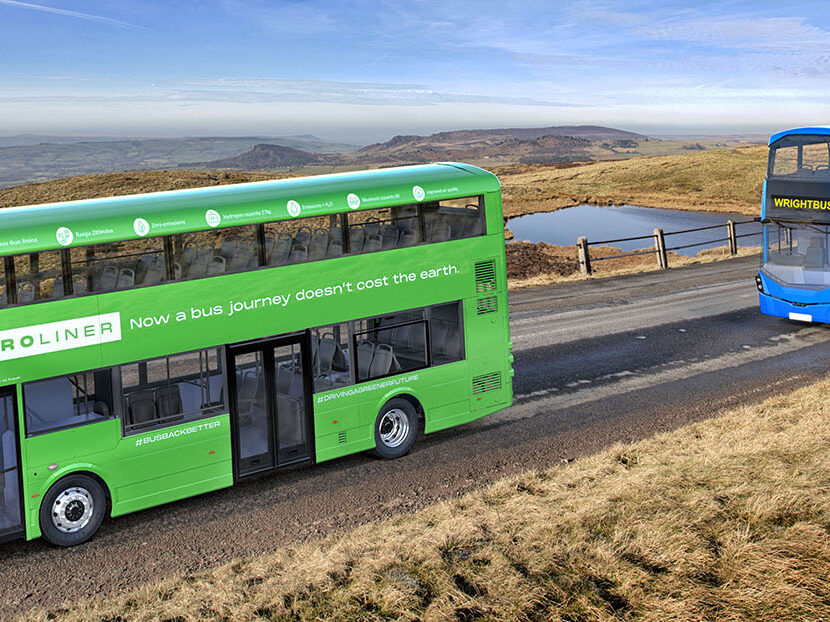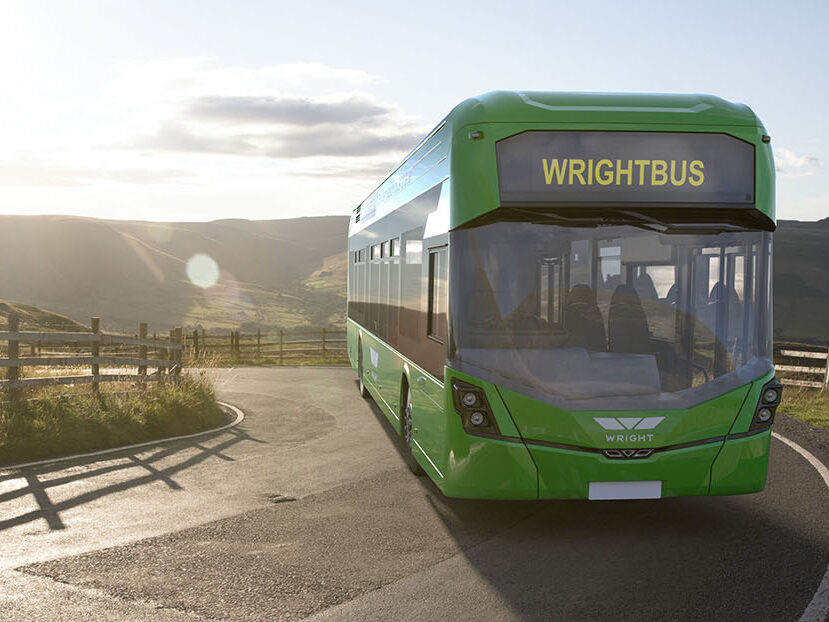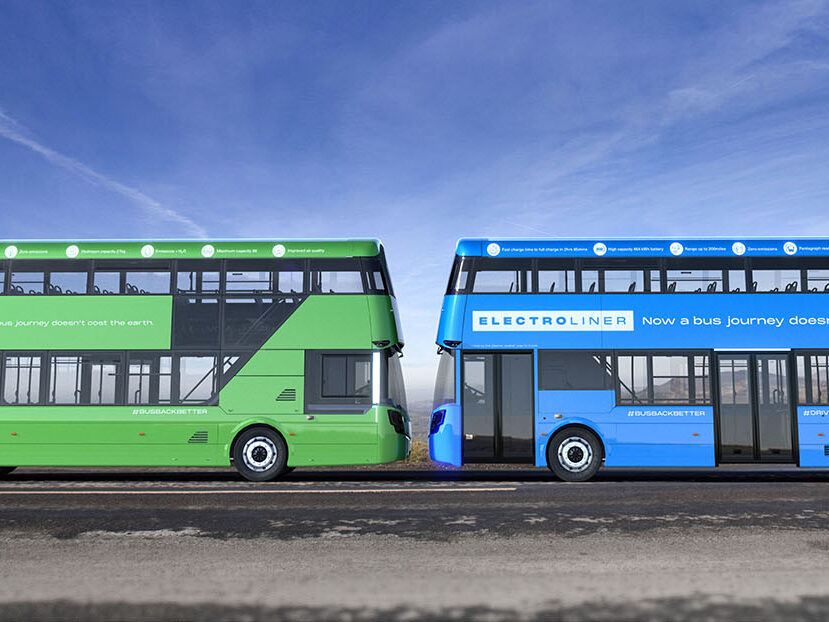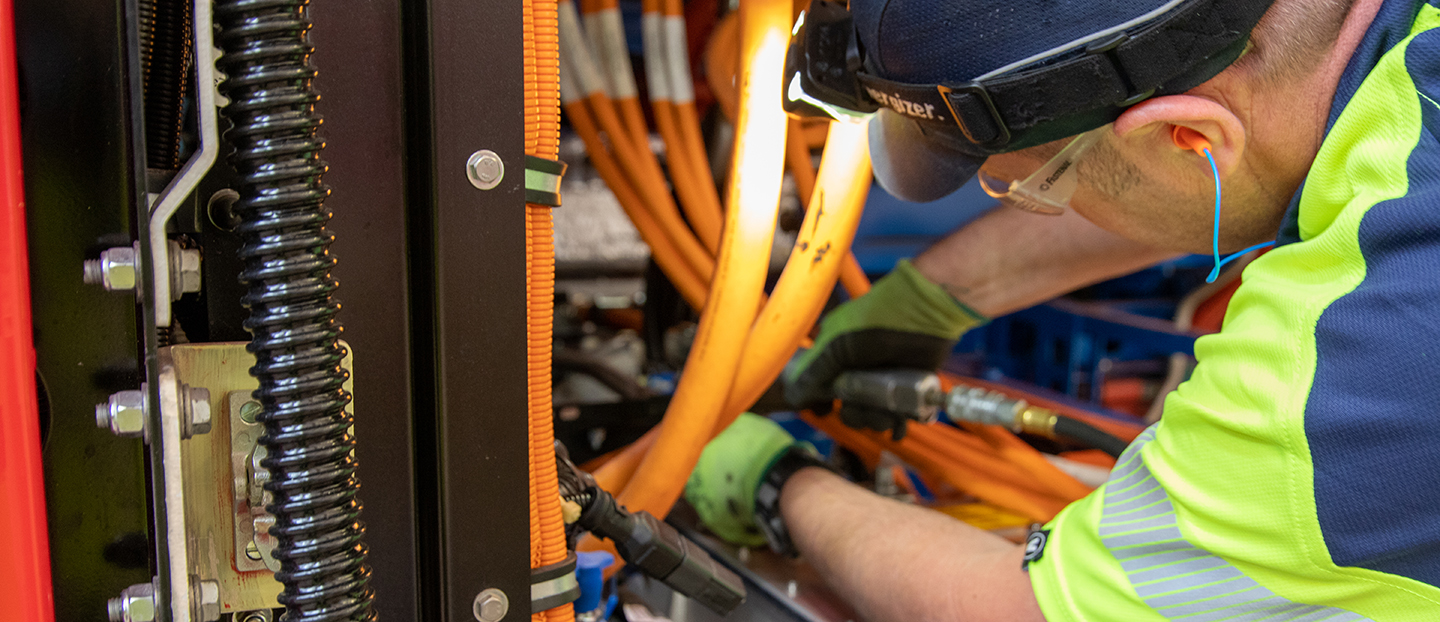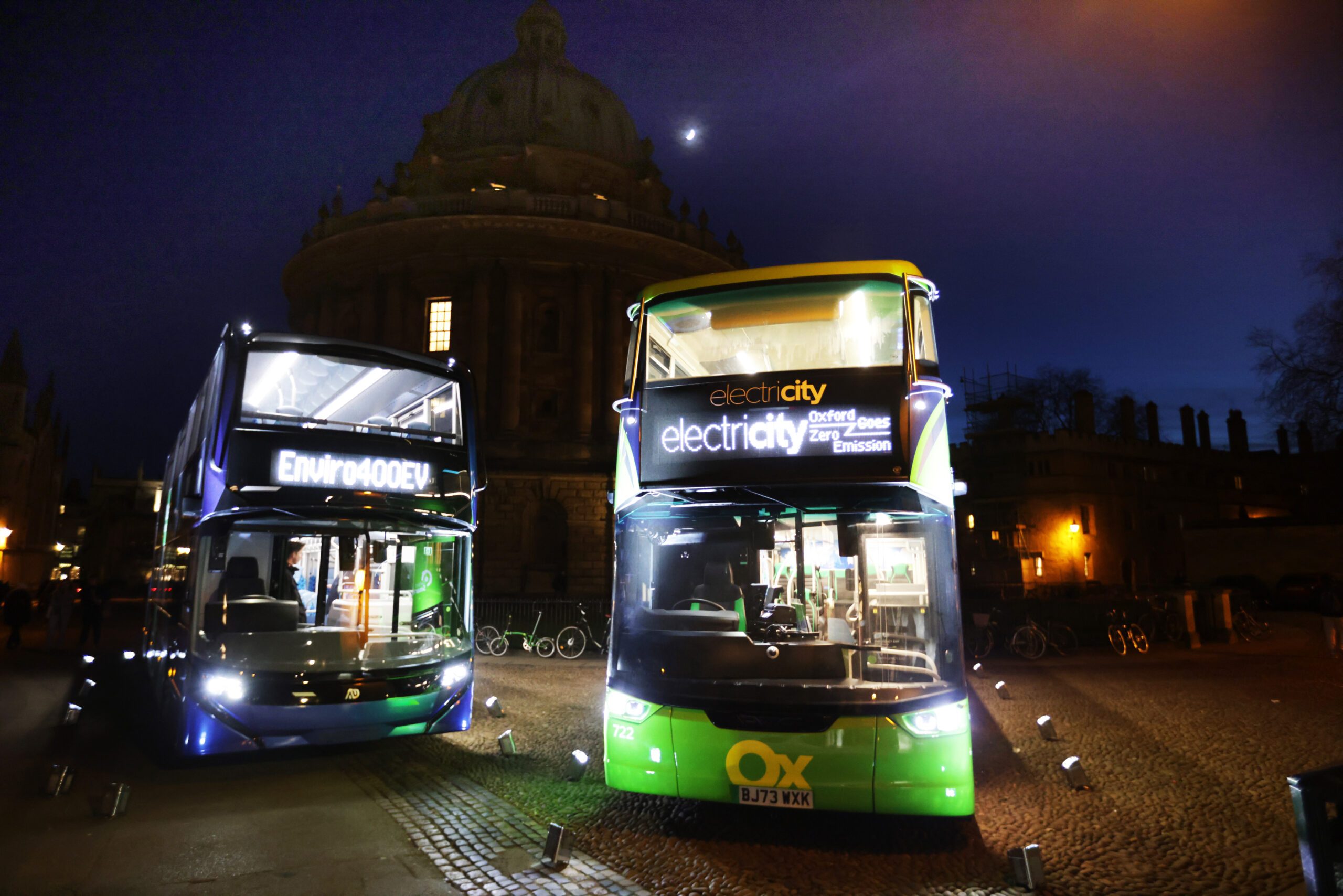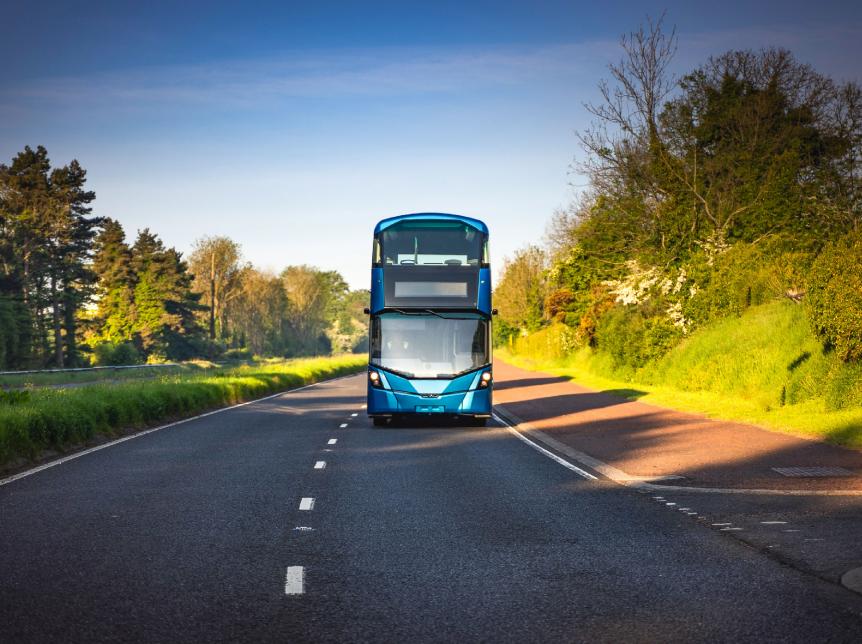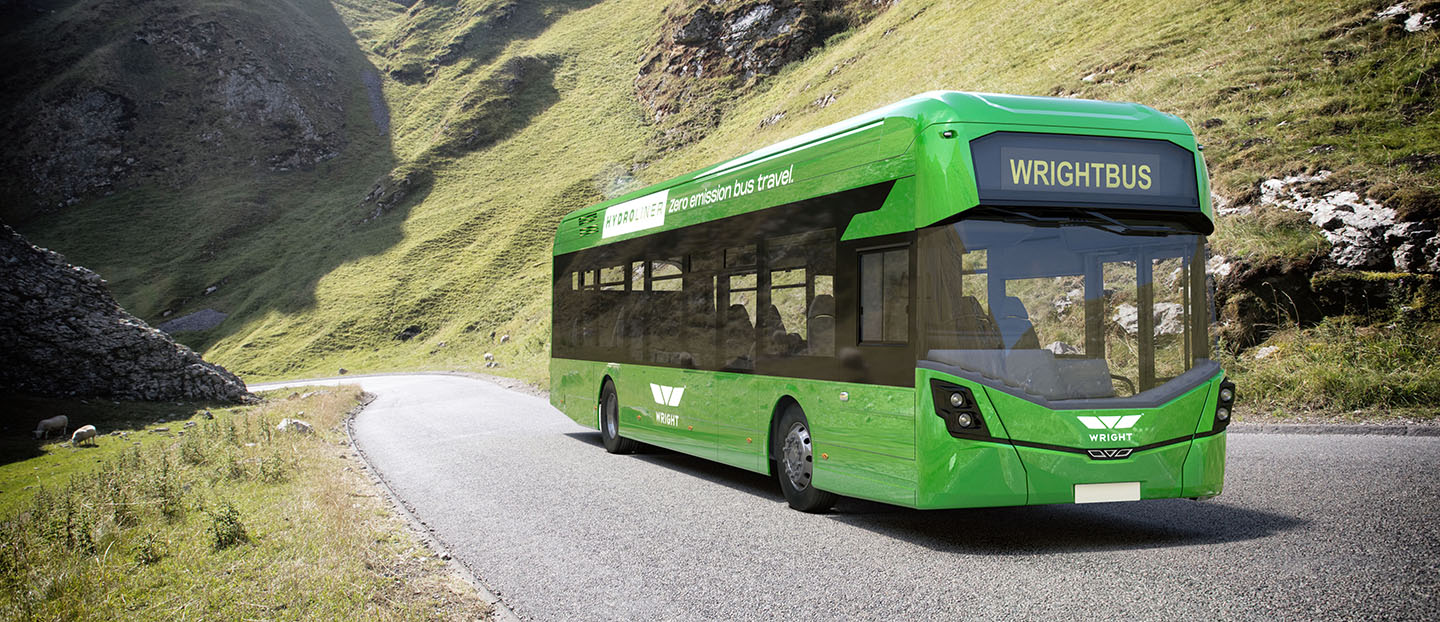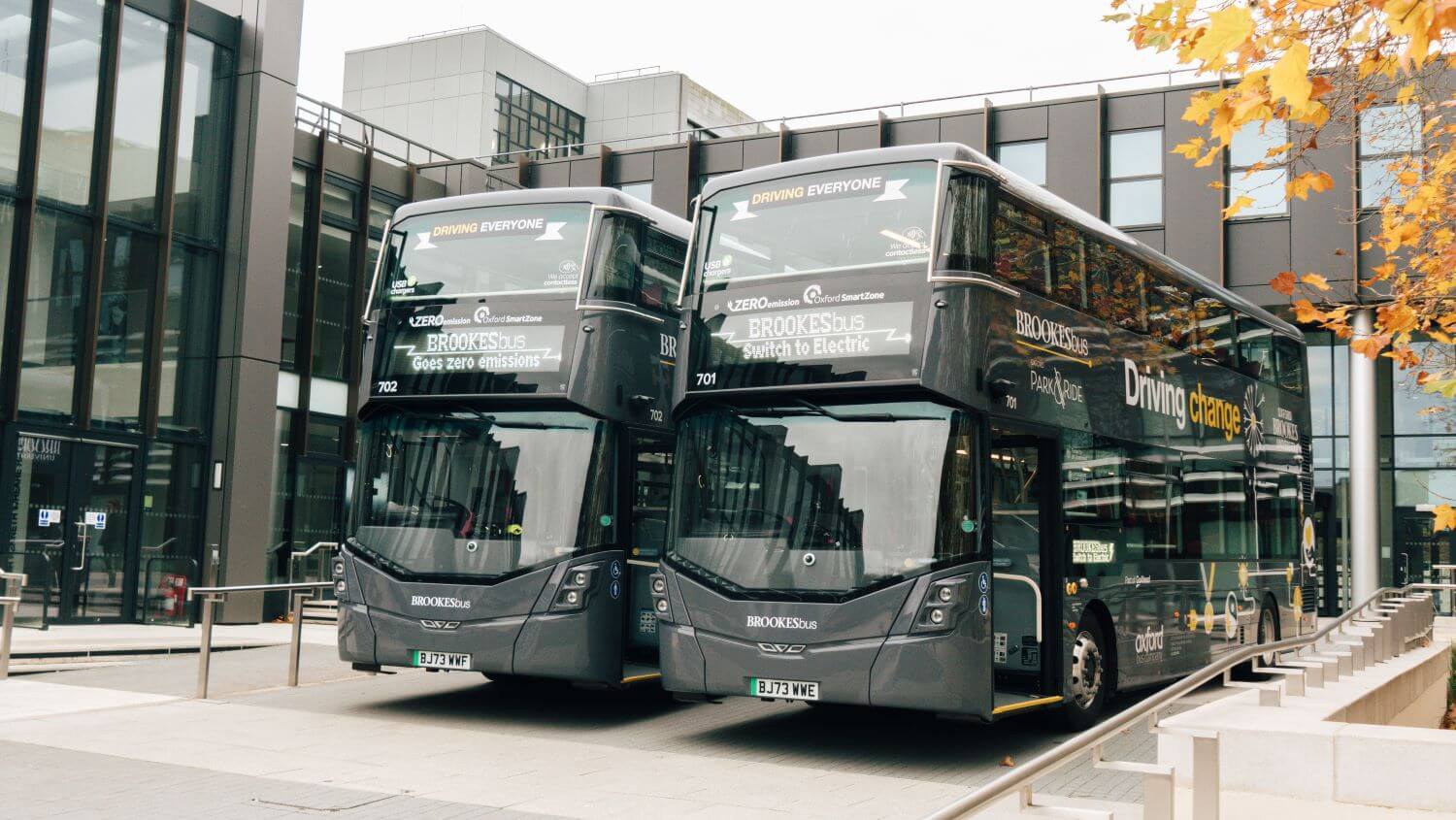Driving towards Sustainability: Electric Buses in the UK Leading the Way to Zero Emission Vehicles
As the world seeks innovative solutions to combat climate change and improve air quality, electric buses have emerged as a promising answer to the challenges posed by traditional combustion engine vehicles.
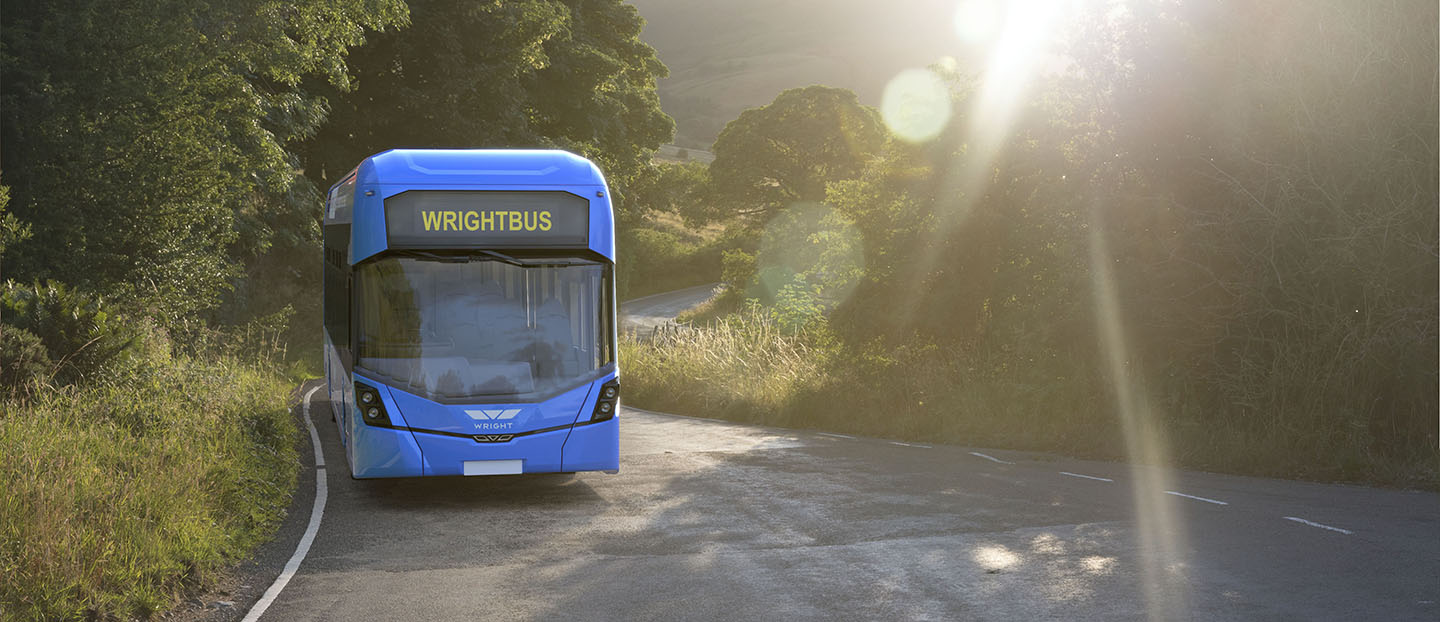
In the UK, electric buses are taking center stage, paving the way for a cleaner, greener, and more sustainable urban transportation system. In this blog, we’ll explore how electric buses are transforming the UK’s streets and contributing to the growth of zero-emission vehicles.
Electric Buses in the UK: A Catalyst for Change
Reducing Emissions and Improving Air Quality
Electric buses operate without tailpipe emissions, significantly reducing harmful pollutants such as nitrogen oxides (NOx) and particulate matter. This transformation is particularly crucial for densely populated urban areas in the UK, where air quality concerns have been on the rise.
Leading by Example
The UK has set ambitious climate targets, including the commitment to reach net-zero emissions by 2050. Electric buses are a tangible way for the nation to demonstrate its commitment to sustainability while leading the way in transitioning to cleaner transportation alternatives.
Benefits Beyond Emissions Reduction
Quiet and Comfortable
Electric buses operate silently, creating a more pleasant and peaceful environment for both passengers and pedestrians. This noise reduction contributes to quieter and more livable cities.
Efficiency and Cost Savings
Electric buses are known for their energy efficiency and lower operating costs compared to traditional diesel buses. While the initial investment may be higher, the long-term savings and reduced maintenance costs make them a financially viable option for public transportation agencies.
Charging Infrastructure: A Crucial Enabler
Expansion of Charging Networks
To support the growth of electric buses, the UK is investing in the development of comprehensive charging infrastructure. This network of charging stations ensures that electric buses have the necessary facilities to recharge, making their integration into existing transit systems more seamless.
Opportunities for Renewable Energy
Many UK charging stations are powered by renewable energy sources, further enhancing the sustainability of electric buses. By combining clean energy sources with zero-emission vehicles, the UK is creating a synergy that aligns with its environmental goals.
The Road Ahead: Scaling Up Electric Bus Adoption
Fleet Modernization
Cities across the UK are gradually replacing their aging diesel bus fleets with electric alternatives. This gradual transition not only improves air quality but also sends a clear message about the country’s commitment to embracing zero-emission transportation.
Public Awareness and Engagement
The widespread adoption of electric buses raises public awareness about the benefits of zero-emission vehicles. As passengers experience the convenience and environmental advantages of electric buses, the demand for cleaner transportation options is likely to grow.
Conclusion: Paving the Way to Zero Emission Mobility
Electric buses in the UK are more than just vehicles; they represent a shift towards a cleaner and more sustainable future. By reducing emissions, improving air quality, and setting an example for other nations, the UK’s commitment to electric buses is steering us closer to a world where zero-emission vehicles are the norm rather than the exception. As electric bus adoption continues to accelerate, the streets of the UK are becoming a model for environmentally conscious urban transportation systems.
This article was originally published by Wrightbus.





